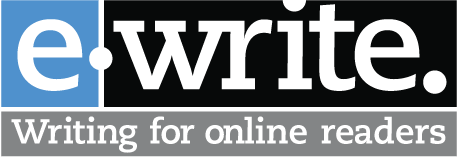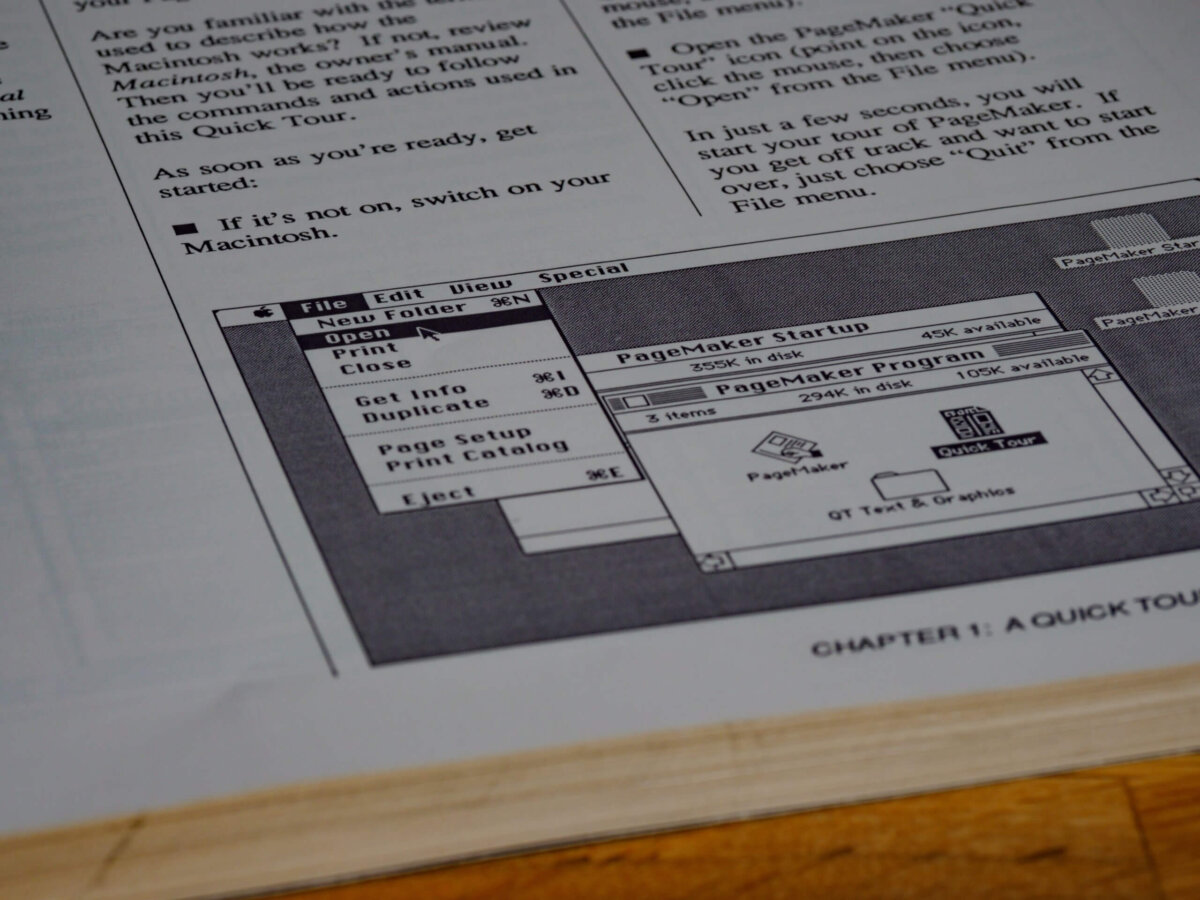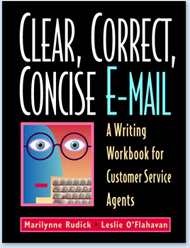This article will be especially useful to you if you manage a contact center and employ offshore customer service agents (in India, the Phillipines, etc.) who write e-mail to American customers. But if you’re more concerned with online writing for global (non-American customers), please read our article Web Writing For The World: Five Tips On Writing For Global Readers.
So, you’ve set up an offshore contact center to handle customer inquiries. You realize that some of your American customers may react negatively to agents who “sound foreign.” American customers may have trouble understanding unfamiliar accents, so you’ve trained your phone agents to sound American. But what about their e-mail? Their written communication has a voice, too. E-mails from agents can “sound” offshore. But to communicate successfully with American customers, offshore customer service agents need to learn to write in American-ese. In this article you can read our tips on how to help agents write e-mail to American customers, then read examples of offshore e-mails, plus our analysis.
Truck Or Lorry? Elevator Or Lift?
Most offshore agents speak British (or Commonwealth) English as their first or second language. As we all know, British English differs from American in some funny ways. In British, braces hold up trousers and boots contain spare tires; in American, braces straighten teeth and boots hold nothing but feet. But language always reflects culture, and the cultural differences between British and American English can affect how offshore agents communicate with American customers. British English tends to be more formal and less direct than American English, traits that can cause problems when offshore agents e-mail American customers.
Beyond Accent Neutralization
Many offshore agents undergo accent neutralization and cultural awareness training when they are hired to communicate with American customers. Shelley Kwik-Mitchell, ClientLogic’s regional performance director in Manila, describes the communication training her agents receive: “We want our agents to understand their North American customers, so we teach them about American names, currency, seasons, holidays, and idioms. They learn about the difference between southern, Bostonian, and Latino accents. We teach them about pronunciation differences — p and f, b and v – and how to communicate effectively without an accent barrier.” And Sourav Sinha of Greynium, a business process management company in Bangalore, has his agents watch “Friends” for the insight it provides into American life and language.
How To Help Your Agents Write American-ese
But few companies provide training in how to write American-ese. We only have to think of Dell’s 2004 decision to route support requests from its corporate (read high value) customers to its US agents and send individual (read lower value) customers to agents in India. The implication about service quality is clear. Most offshore contact centers are staffed by intelligent, hard-working, bi-lingual agents eager to provide excellent support to American customers. But they need ongoing evaluation and writing training; the grammar test they completed when they applied for the job is just the start of knowing who these agents are as writers and helping them improve their skills.
To enable your offshore agents to do their job well, you have to incorporate writing skills into long-term training plans. Good writing skills need maintainence. Companies that want agents to communicate successfully with American customers need to invest in ongoing writing training.
Quick Fixes To Improve Offshore Agents’ Writing
Good training takes time and money. But you don’t have to wait until your training plan is in place to begin your efforts to upgrade your agents’ skills. In the meantime, provide access to resources on American vs. British English: Colleen Cotter’s Lonely Planet’s USA Phrasebook, Jeremy Smith’s American-British British-American Dictionary, or Wikipedia’s article on American English. Choose a word or grammar issue from each resource to review during weekly meetings.
Help agents recognize American culture in American customer service writing. Collect e-mail exchanges between American customers and onshore agents. Have offshore agents identify differences between their writing style and the onshore agents’ style. ClientLogic’s Shelley Kwik-Mitchell trains her staff to mirror the customer’s tone in e-mail. “We tell our agents that their tone should be formal or semi-formal, based on how the customer writes. If the customer writes an informal e-mail the agents’ answer should be semi-formal.”
Today, American customers realize they’re e-mailing offshore agents, but the responses they receive shouldn’t remind them of physical or cultural distance. Each customer service e-mail represents an opportunity to build rapport and business. When an offshore agent’s writing seems too foreign, it’s harder for an American customer to feel close.
Read two examples of e-mails written by offshore agents, plus our analysis of why these e-mails won’t connect with American customers.
Six Tips For Writing American-ese
1. Choose American Spellings
Write color instead of colour; honor instead of honour. Write center, organize, and draft instead of centre, organise, and draught.
2. Arrange Information In An “American Order”
Americans are a bottom-line-up-front people, so e-mails to Americans should avoid the indirect lead-in, the long preamble, and the extensive greeting. American customers want their questions answered directly and concisely. Even if you have to tell an American customer no, do so up front, then provide an explanation or justification.
3. Choose American Words
In American English, they are mobile homes; in British English they are caravans. Americans say flashlight, subway, and rent not torch, tube, or let.
4. Use American Figures Of Speech
Americans may say a product has passed the acid test, a company is above board, an upgrade has all the bells and whistles, a new initiative is a lead balloon.
5. Use American Grammar
Americans write that a community has a drug problem, but the British write drugs problem. Americans study math not maths. In American English, things happen on the weekend and athletes play on a team; in British English it’s at the weekend and in a team.
6. Adopt An American Tone
In American English, it’s “We’re glad to help” rather than “It is our privilege to be of assistance to you.” American English tends to be more casual: thanks rather than with gratitude and “Call me if you have questions” rather than “Please feel free to contact me for any query or clarification.”







0 Comments